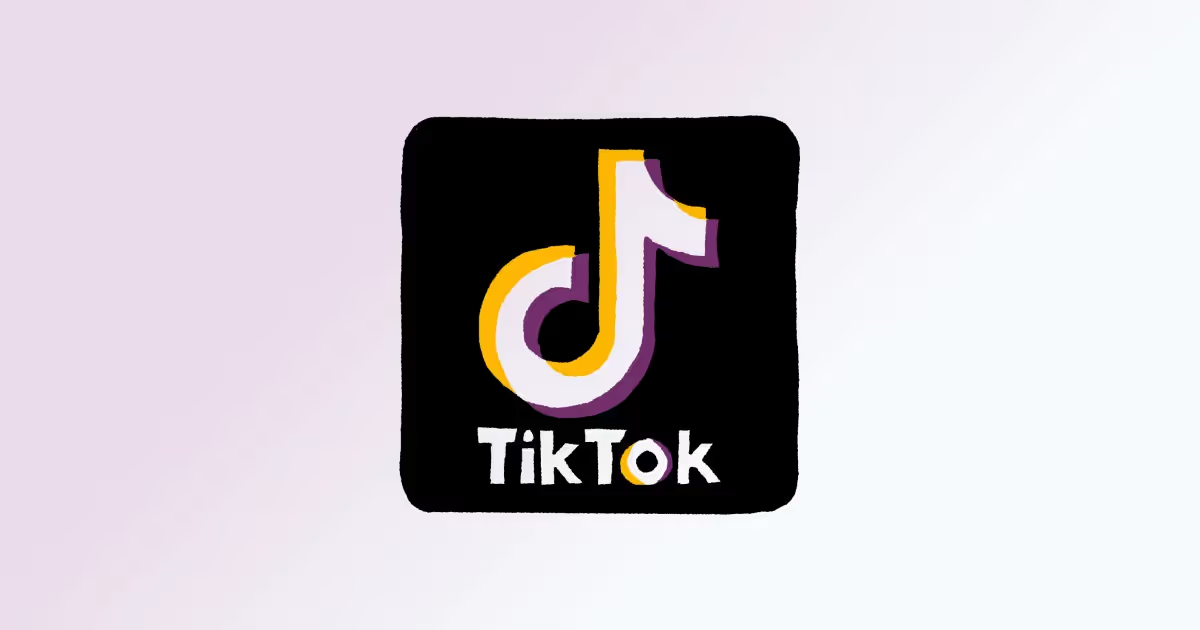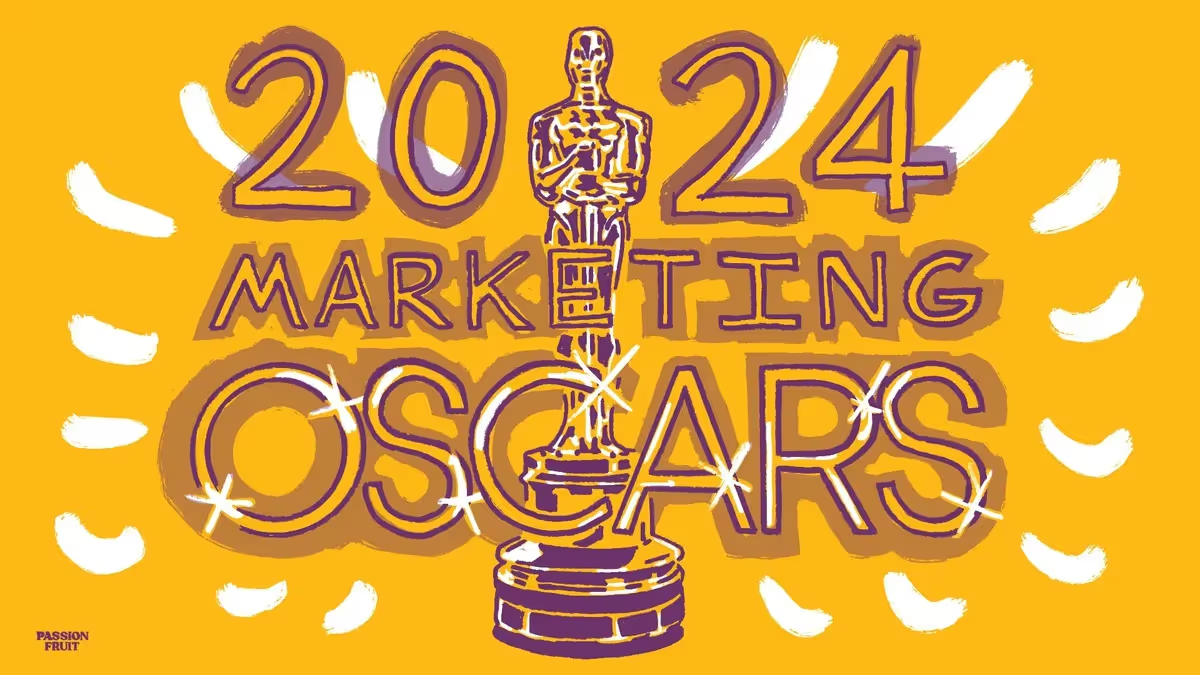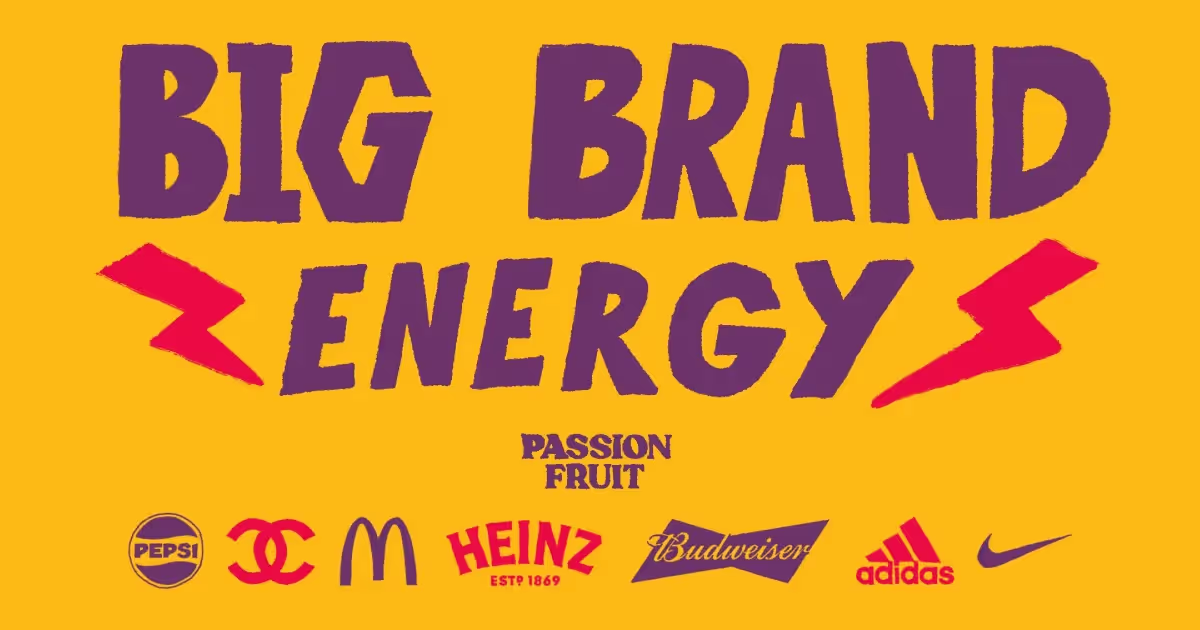For many late 80s and early 90s babies, ‘Space Jam’ is a cult film. Michael Jordan - at the time the biggest sports star on the planet - took the lead role alongside iconic Looney Tunes characters in a David and Goliath-esque battle of good vs evil. In no small part, the film’s success derived from its originality. Before, films were for actors and sports were for athletes. MJ was the first mover in today’s world, where the dividing lines have never seemed less important.
Last week saw the release of the long-awaited second instalment in the franchise, ‘Space Jam 2’, with LeBron James starring as part of his wider foray into the world of media and entertainment. Yes, LeBron is first and foremost a basketball player, but he is, in his own words, “more than an athlete”. However, this is not a celebrity badging exercise. LeBron’s production company, Springhill Entertainment, recently subject to a $750m takeover bid from Tim Cook and Apple, is making legitimate waves in Hollywood for its commitment to remarkable unscripted productions.
We’ve come a long way in this space. In the beginning, athletes saw films, media and entertainment as an opportunity to simply diversify their revenue streams. Setting up production companies allowed them to operate as their own publishers, disintermediating the middle men, and therefore capturing more of the overall ‘box office’ value that they create. But now it’s less about risk mitigation and more about risk taking - these athletes aren’t interested in knocking out anodyne autobiographical documentaries. They see themselves as top-table contenders in the world of media and entertainment. If they’ve already defied the odds to win an MVP award, why not an Oscar or an Emmy?
Only naturally, this shake-up is attracting a lot of interest and capital aimed at aiding and abetting athletes in their mission to break their own confines and, in turn, the confines placed on Sports as a whole. 3 years ago, I saw one such effort up close and personal: OTRO. Little is known about OTRO, because just several months after being brought into existence with $64m in funding, it was being wound up. The basic premise was to “bring football fans closer to the players they love”. OTRO signed 20 of the leading lights in football - Messi, Beckham, Neymar Jr and so on - to create exclusive “player made” content and participate in OTRO original productions that would sit behind a monthly subscription paywall.
Everyone involved in OTRO - as with any startup that doesn’t make it off the ground - will have their own version of events. From my vantage point, the root cause of the company’s failure because its product, distribution and marketing failed as part of a compounding wheel of doom:

The end result of this wheel was a downward spiral between athlete and audience. As the marketing failed to land, the audience went away, and as the audience disappeared, the athletes stopped buying into it as a success, which in turn made it less compelling to the audience. This deterioration burnt through a funding round fit for a Series C venture-backed business in less than 18 months.
There is more detail to go into, but the topline lesson is that startups which rely on a “supply-side” need to not just secure but maintain the buy-in of the people it brings on board, and the only way to do that is by having an audience (“demand-side”) that loves the product. To that end, cue YC advice 101, “build something people want”. Herein lies the failure of OTRO and many other sports, and non-sports, startups. They were backing into a real macro trend (the changing world of sports), but they hadn’t isolated one micro problem they were solving, and communicated their role in solving that problem. They built a nice-to-have, rather than a need-to-have.
With that in mind, let’s evaluate the marketing of some of the exciting startups in the world of sports.
TorchPro
Asports media platform educating and inspiring the next-gen of athletes by providing An unfiltered look into how the world’s most elite athletes achieve greatness in life and sport.
Funding: $730k (Seed)
Founders: Joey Diamond, Matt Fornataro, Bryan Goodwin
The closest thing to OTRO I’ve seen since OTRO, the team at TorchPro have done a fantastic job pulling together the nuts and bolts of their clean and functional platform. From a product marketing perspective, the next step is being brave enough to double down on Ice Hockey. It’s implicit that’s where their expertise, contact book and content pool lies, so why not make it explicit to potential customers? Founders often feel that they’re being unambitious if they’re too specific in their offer, and yet the reverse is true. Generalisation is a path to competition, specificity is a path to domination. Diamond, Fornataro and Goodwin are much more likely to convince an Ice Hockey fan to subscribe to an Ice Hockey content platform than they are a sports fan to a sports platform. It was the same with The Athletic - they started by selling Chicago sports to Chicago sports fans, then Toronto to Torontonians, and so on. Everything will benefit as a result - from a more polished SEO approach, to a more focussed social content strategy - and with that foothold they’ll be able to branch out into Football, Basketball Baseball and beyond.
Sports Startup Score: 🏆🏆
Stadium Live
A unique digital world for sports & esports fans - create, connect and play with fans around the world to shape your own stadium.
Funding: $3m (Seed)
Founders: Kevin D.H Kim, Paul Xu
Forget sports and look across categories, this startup would rank near the top for its success in content creation and on social. 2,500 members on Discord, 2m TikTok likes, 11k Instagram followers… Impressive for a company just over a year old. We know its an explicit strategy for the team and of course it pairs well with the product build that is geared towards gamification and virality as its growth engine. Added to the hype generated from the merchandising operation they’ve got going on and, for a founding team of non-marketers, they’re excelling at marketing.
If we had to suggest an improvement that could drive up its K Factor, incentivising word of mouth through athlete partnerships would be a neat approach, especially given how frantically we know “offline” athletes are to gain a foothold in the “online” sports world. Remarkable moments of content - prime for publicity and social - are waiting for a product like Stadium Live, if they can get mass-audience athletes engaged as part of their community. Fortnite x Neymar Jr is the best in class example of this, but there’s no need to spend that amount of money. Strategically chosen influential athletes with small followings but high engagement rates are the perfect middle ground.
Sports Startup Score: 🏆🏆🏆🏆
Dibbs
Trade and collect in the only real time, 24-7 fractional card market.
Funding: $2.8m (Seed)
Founders: Evan Vandenberg, Tommy Massari
After a successful beta period, last week Evan, Tommy and the Dibbs team underwent the startup rite of passage by featuring on Product Hunt. It caps an impressive performance so far in the US, but a marketplace like this needs lots of users fast in order to create liquidity. Virality is essential or else faith in the system is lost quickly. It’s why, as Evan put in one of his PH comments, “big expansion plans are in the works to enter new verticals and new countries”. As I learnt at OTRO, entering new markets requires deep local expertise: the rules of engagement, positioning and distribution are nuanced across geographies, fan cultures and sports verticals.
One hack is to align market entry with spike moments in the sporting calendar. It’s all about figuring out what the NBA Finals equivalent is in the demographic you’re targeting, and teeing up your comms accordingly. Another is to get a lot more active in the thought leadership around what you’re doing: in this case, player valuations. Dibbs’ monthly blog post is a good start but there’s room for a much more comprehensive knowledge network or “data room” where enthusiasts can learn and share tips with one another. Coinbase’s new media arm is the best-in-class example of customer education and titillation through regularly-updated owned content, and it will become the norm for startups that want to stoke the interest and engagement of their users.
Sports Startup Score: 🏆🏆🏆
Jogo
JOGO's state-of-the-art data collection - driven by AI, machine vision and learning, sensor tech and much more - makes it possible to track physique, technique and cognitive abilities seamlessly. Clubs and trainers now can follow the progress of their players, while young talents can measure their growth - all in real-time.
Funding: €2m (Seed)
Founder: David Dwinger
Kudos to the team at Jogo - this is a beautifully put together brand; with a strategy and an identity that’s close to faultless. It needs to be that good, however, because they’re selling in B2B to football clubs - which are, for the most part, static, backward-looking organisations that still run on agents’ fees, “gut instincts” and bottles of wine over lunch. Of course, the medium and long term tailwinds are working in Jogo’s favour, as more clubs look to streamline their international scouting operations post-COVID, but in the near term, success will be built by quality relationship building with operational and data teams within clubs. Strategic partnerships, by Dwinger’s own admission, will play a key role and nothing greases the wheel of these agreements like content marketing that moves people through the sales funnel without all the “Hi, just checking in here...”.
One lo-fi, cost-effective video series, highlighting the next generation players and showcasing the utility of Jogo in their development, is the most straightforward way to progress conversations, and of course bring in more business at the top of the funnel stage too. There’s no reason a one off video can’t be chopped down into a series of TikTok friendly stories that drives growth long term, so long as there’s a proper strategy with pillars, messaging and geographical, even linguistic nuance in place. Why is this so effective? Because it gets the players talking, sharing and engaging with your brand - and there’s no better third party to advocate for you to the clubs than the players themselves. The secret is to empower them to be your sales reps.







